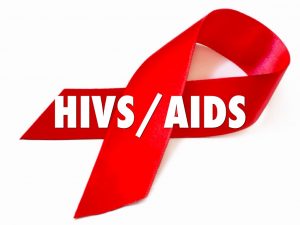
240197/15
Common jaundice is linked to the consumption of contaminated water. Hallmark of being infected by jaundice is the yellowing of eyes and skin. In mild jaundice infection, the person recovers in 3 to 4 days, but in severe cases the consequences can be life threatening.
The underlying cause helps in determining jaundice treatment. Diagnosis of the patient is done after which treatment is initiated. While hospitalization is necessary for some patients, other patients with mild jaundice can be treated with supportive care at home. The doctor’s close monitoring and proper medication help cure jaundice.
Depending upon the jaundice type, complications can be severe or mild. While some patients may recover fully, others could suffer from after effects over a longer term. Some potential and life threatening complications in jaundice include chronic hepatitis, electrolyte abnormalities, sepsis or infection, bleeding, anemia, brain dysfunction, failure of kidneys or even death.
Prevention is possible in particular conditions that cause jaundice, where in other cases it could be less preventable. To decrease risk of the disease certain measures can be taken like avoiding overdose of medicine, taking proper medication as instructed by the medical practitioner, avoid intravenous use of drugs, unprotected intercourse, getting vaccinated against Hepatitis A and B, drinking pure water and uncontaminated foods, avoiding smoking and alcohol.
Patients suffering from acute pancreatitis, alcoholic hepatitis or cirrhosis, must avoid alcohol. Certain toxins, medications, drugs cause jaundice. Accordingly these must be discontinued immediately. Overdose of acetaminophen unintentionally or intentionally could cause jaundice. In such a case, N-aetylcysteine antidote must be administered.
Autoimmune disorders, caused by jaundice can be treated with various medications or steroids. A treatment of Lactulose and diuretics may be required in patients suffering with cirrhosis.
Medication of different kinds have been used in treating jaundice. Cholangitis, a certain infectious condition in jaundice is treated with antibiotics. Hemolysis is another anemic condition in jaundice in which blood transfusions may be necessary. Consultation of an oncologist is necessary in patients suffering from cancer leading to jaundice. Depending upon the stage and type of cancer, treatment is administered to the individual.
In certain patients, invasive procedures and surgery may be required. Liver transplantation in individuals suffering from jaundice caused by cirrhosis or liver failure may need surgery. Gallstones may also form in individuals suffering from jaundice, in which surgery may be needed.








